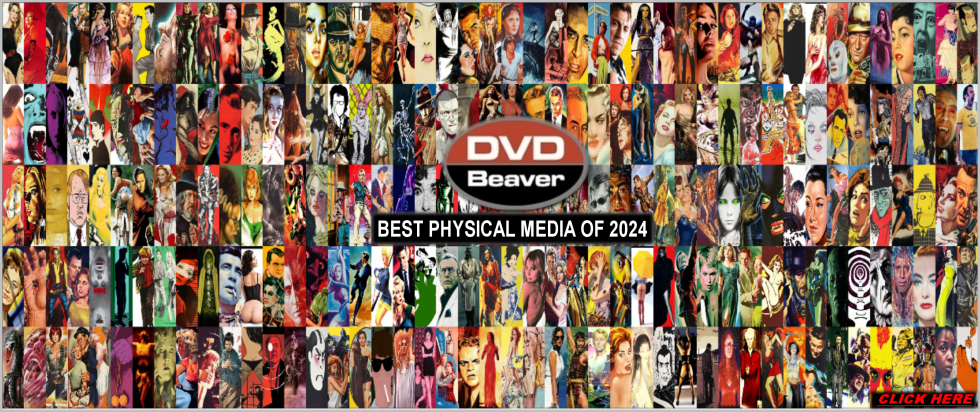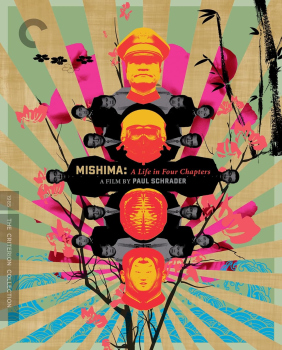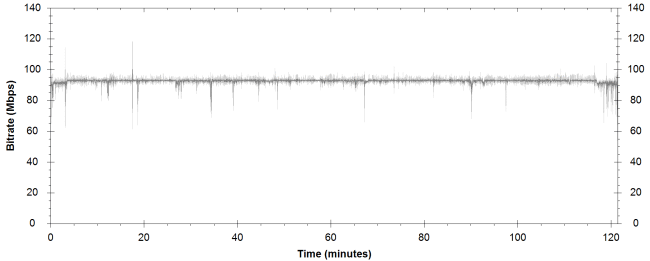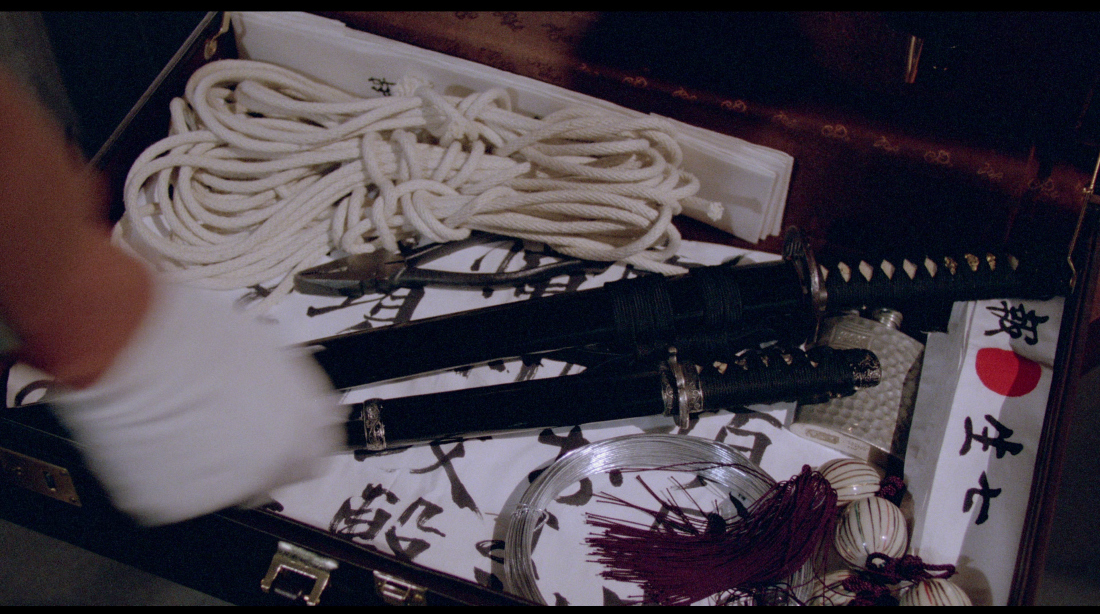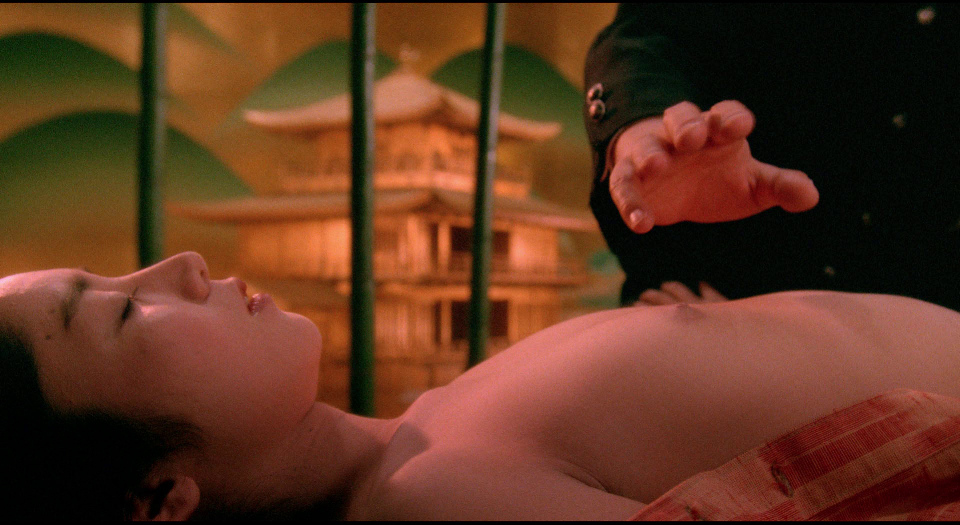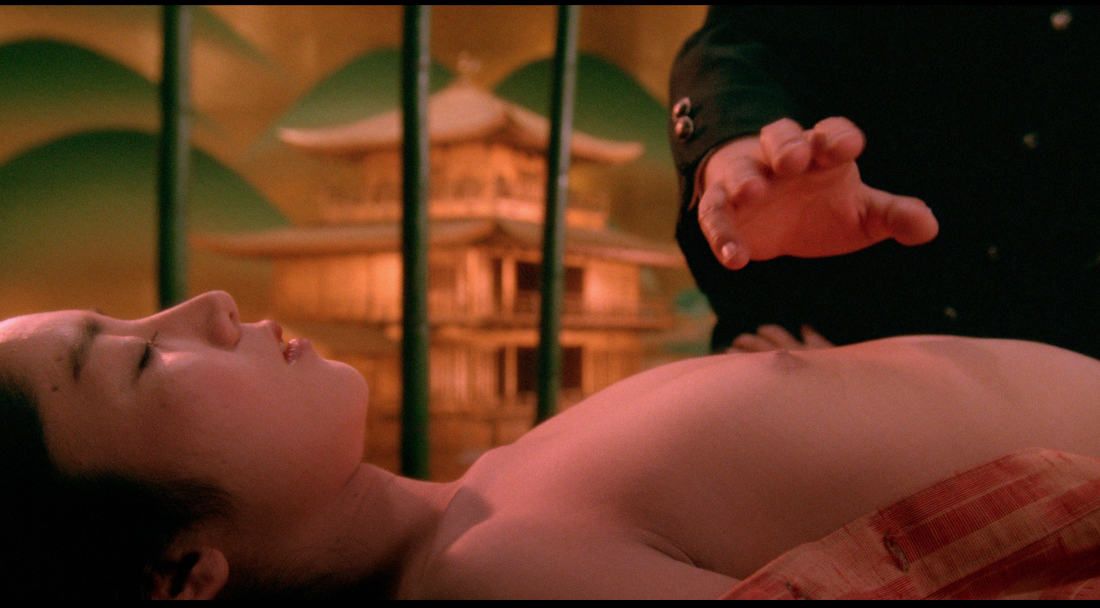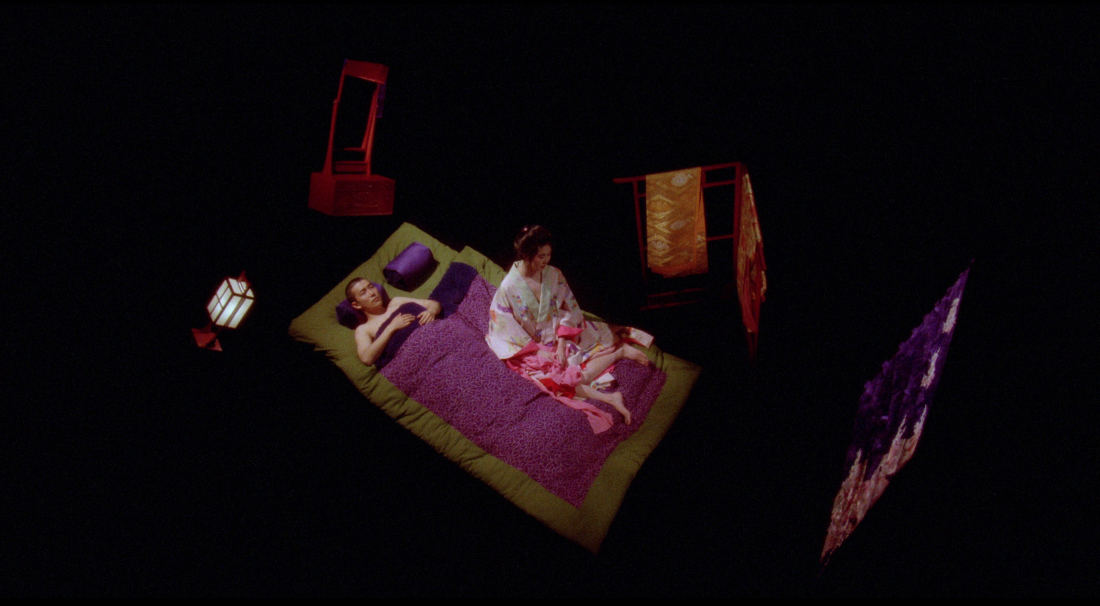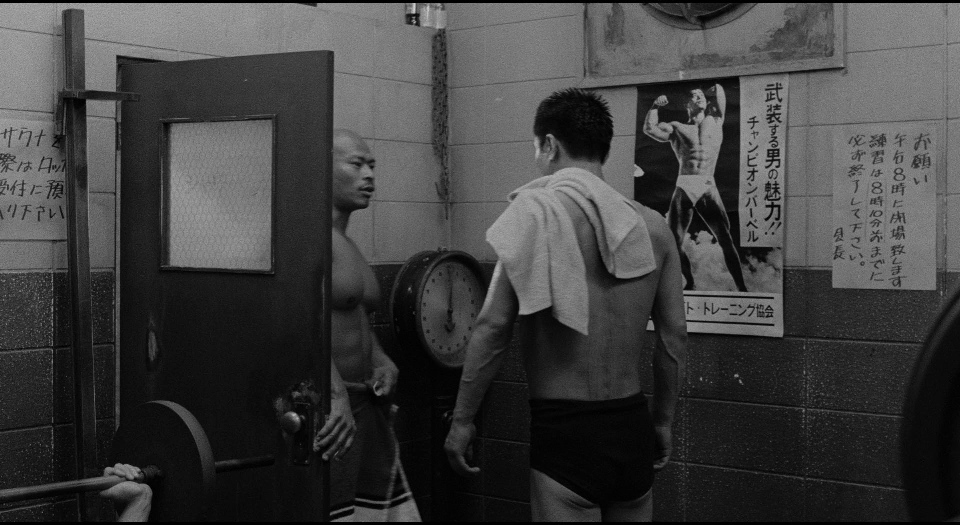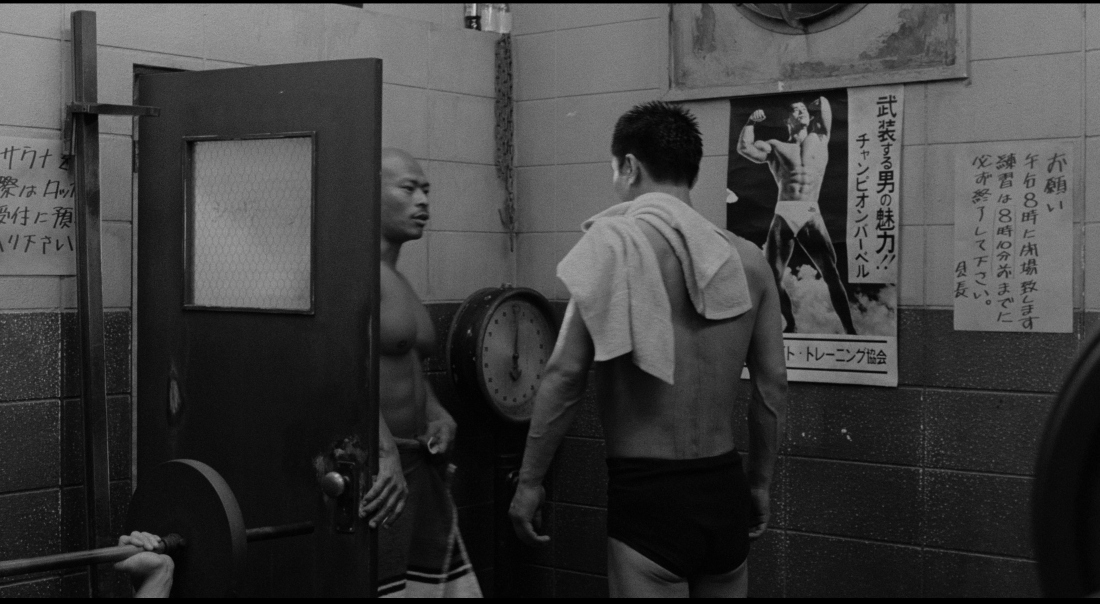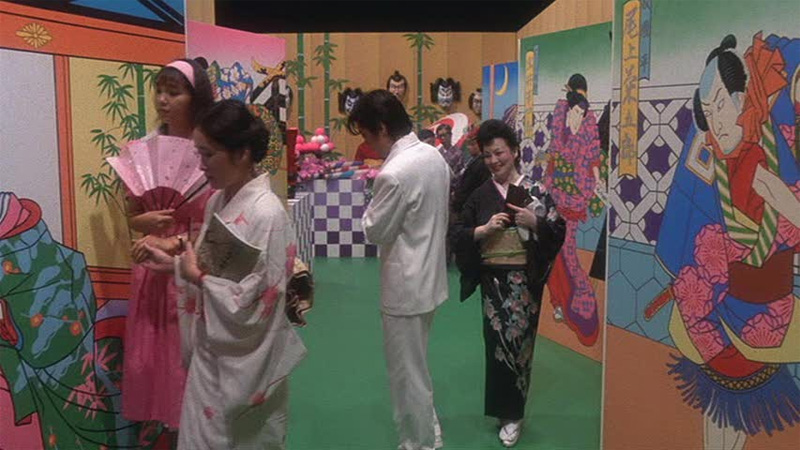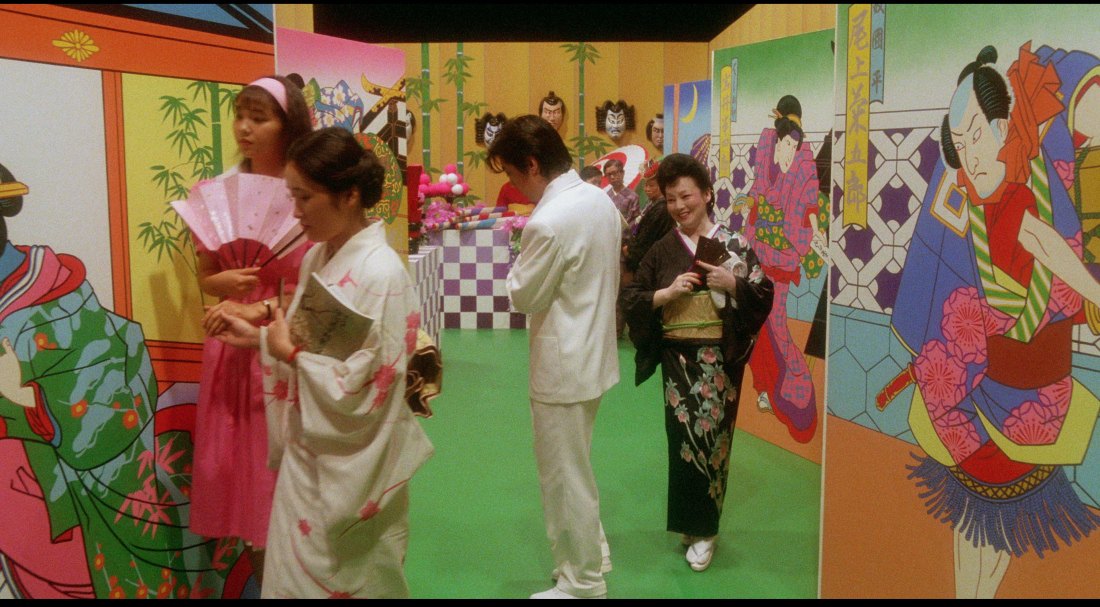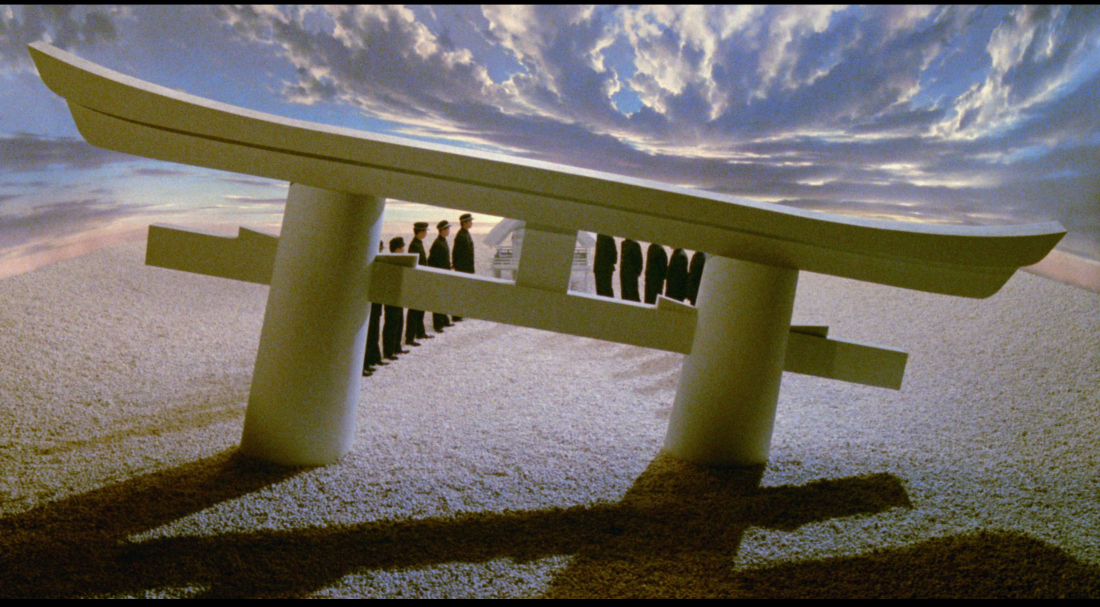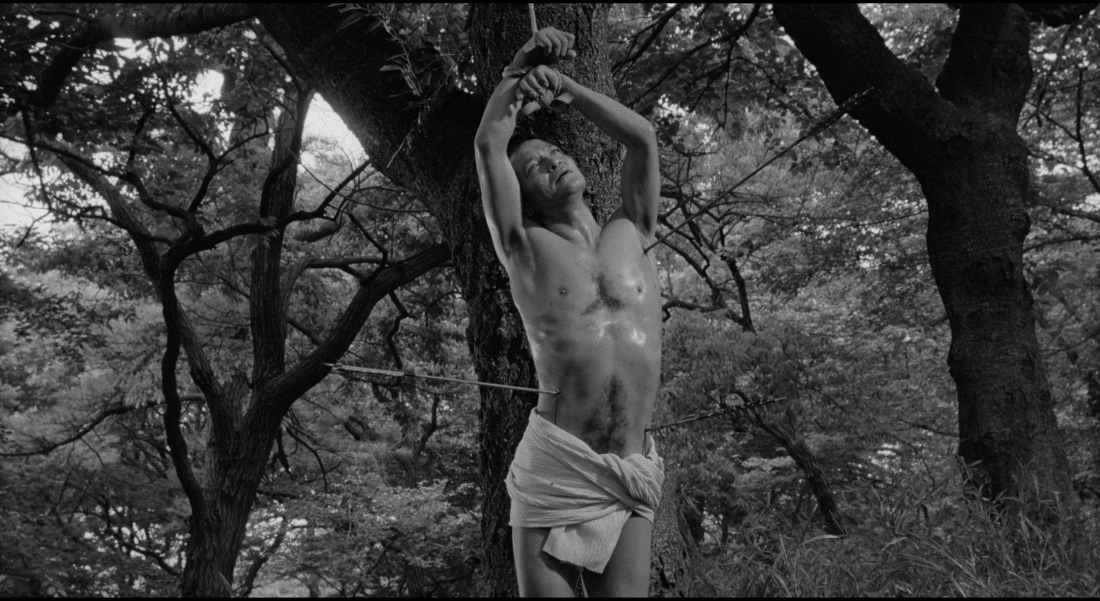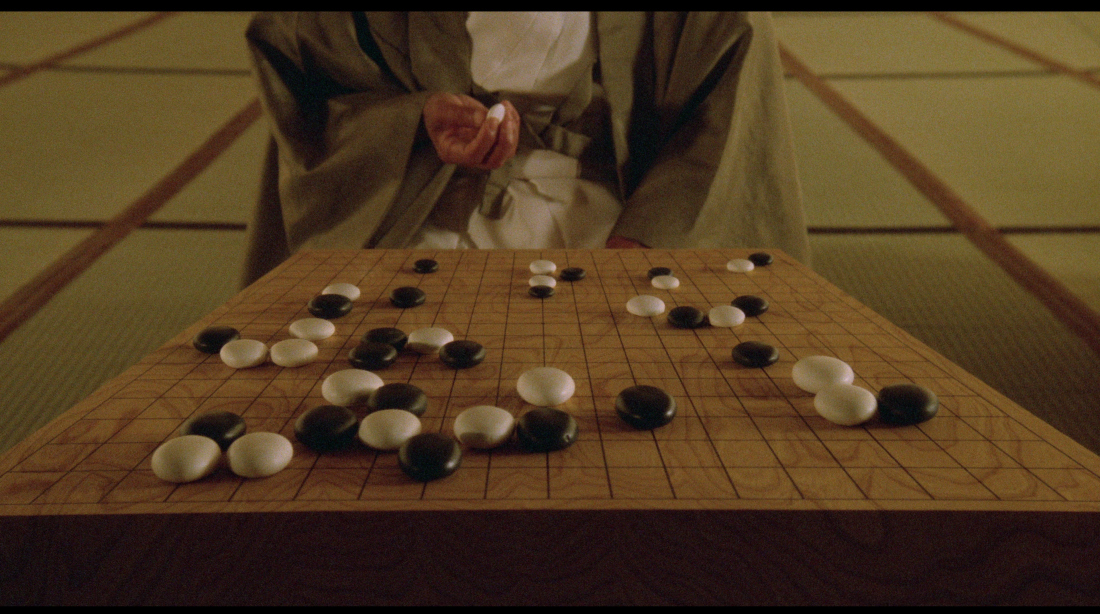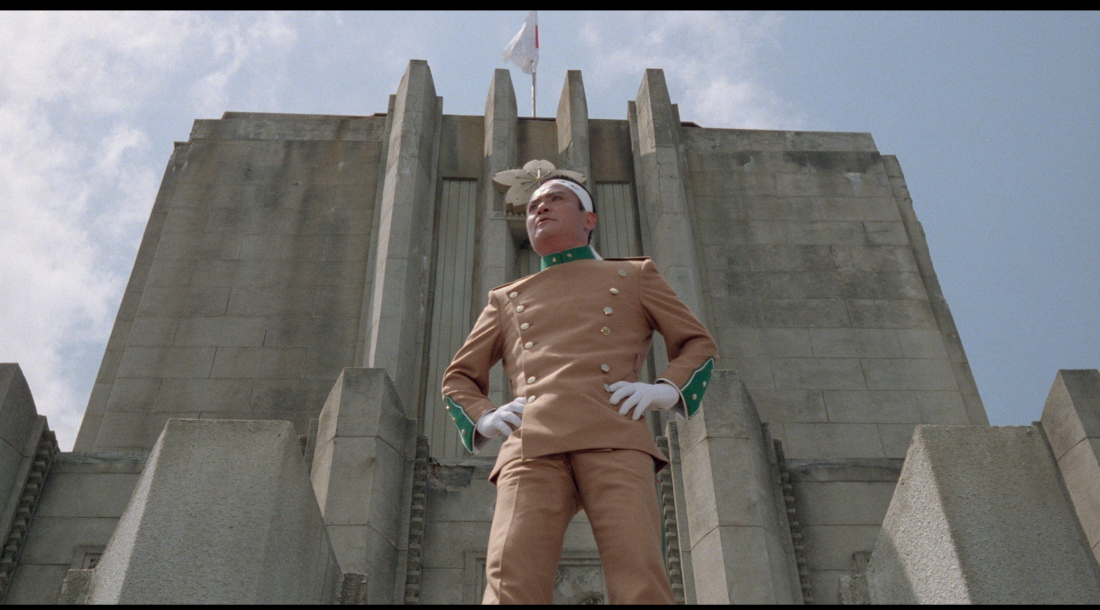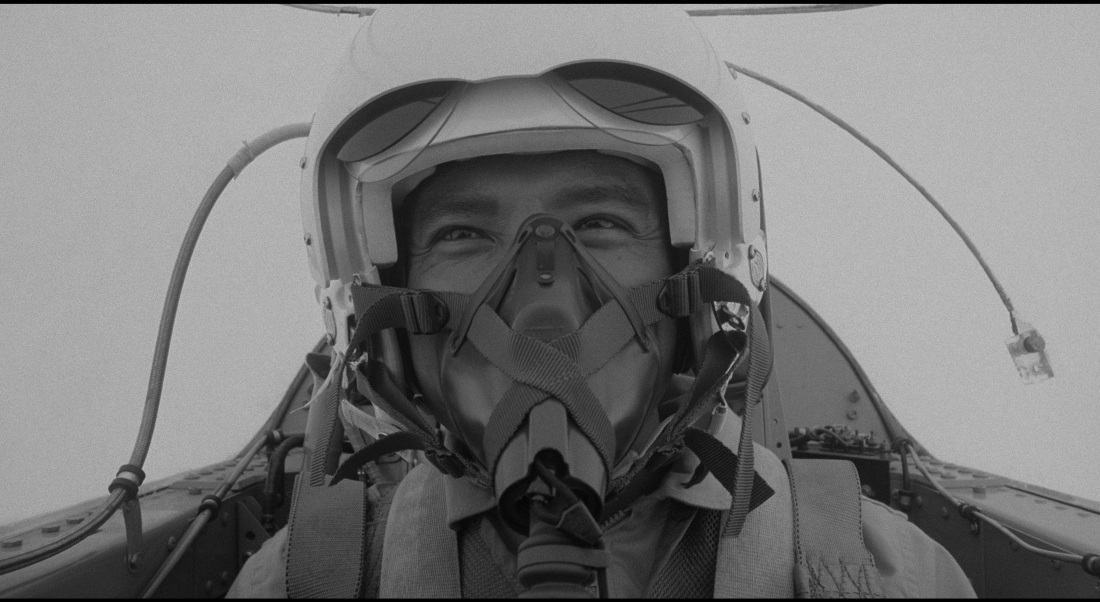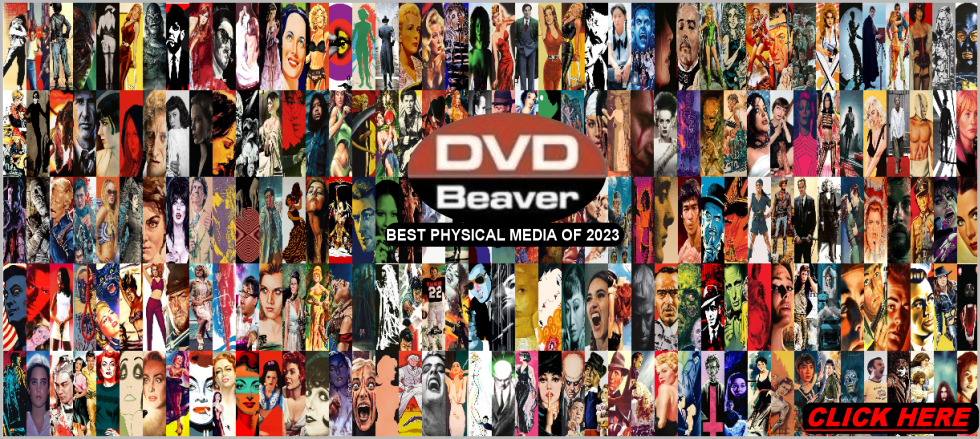|
An
enormous, sincere thank you to our phenomenal
Patreon
supporters! Your unshakable dedication is the bedrock that keeps DVDBeaver
going - we’d be lost without you. Did you know? Our patrons include a
director, writer, editor, and producer with honors like Academy Awards for
Best Picture and Best Director, a Pulitzer Prize-winning screenwriter, and a
Golden Globe-winning filmmaker, to name a few! Sadly, DVDBeaver has reached a breaking point where our existence hangs in the balance. We’re now reaching out to YOU with a plea for help. Please consider pitching in just a few dollars a month - think of it as the price of a coffee or some spare change - to keep us bringing you in-depth reviews, current calendar updates, and detailed comparisons. I’m am indebted to your generosity! |
![]()
![]()

![]()
![]()
|
Search DVDBeaver |
S E A R C H D V D B e a v e r |
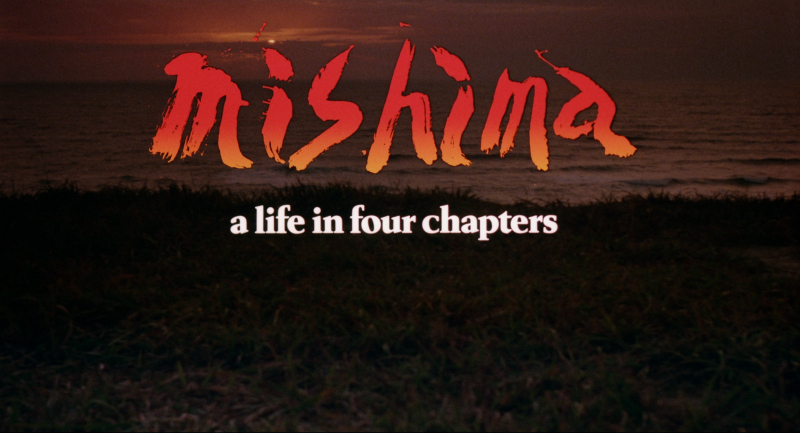
(aka "Mishima")
Directed by Paul Schrader
USA 1985
|
Paul Schrader’s visually stunning, collagelike portrait of the acclaimed Japanese author and playwright Yukio Mishima (played by Ken Ogata) investigates the inner turmoil and contradictions of a man who attempted the impossible task of finding harmony among self, art, and society. Taking place on the last day of Mishima’s life, when he famously committed public seppuku, the film is punctuated by extended flashbacks to the writer’s past as well as gloriously stylized evocations of his fictional works. With its rich cinematography by John Bailey, exquisite sets and costumes by Eiko Ishioka, and unforgettable, highly influential score by Philip Glass, Mishima: A Life in Four Chapters is a tribute to its subject and a bold, investigative work of art in its own right. *** Mishima: A Life in Four Chapters is a 1985 biographical drama film directed by Paul Schrader, starring Ken Ogata as the renowned Japanese author Yukio Mishima, alongside supporting actors like Kenji Sawada and Toshiyuki Nagashima. Structured into four thematic chapters—Beauty, Art, Action, and Harmony of Pen and Sword—the narrative weaves together Mishima's final day on November 25, 1970, leading to his ritual suicide, with black-and-white flashbacks of his personal life and colorful dramatizations of three of his novels: The Temple of the Golden Pavilion, Kyoko's House, and Runaway Horses. The film explores profound themes of masculinity, traditional Japanese values, the tension between artistic expression and political action, and Mishima's evolution from a sickly child to a bodybuilding nationalist who founded the paramilitary group Tatenokai to restore imperial power. Visually striking with Eiko Ishioka's innovative production design and Philip Glass's evocative score, it garnered critical acclaim, including the Best Artistic Contribution award at the 1985 Cannes Film Festival, though it stirred controversy and was never officially released in Japan due to objections from Mishima's widow and right-wing factions. |
Posters
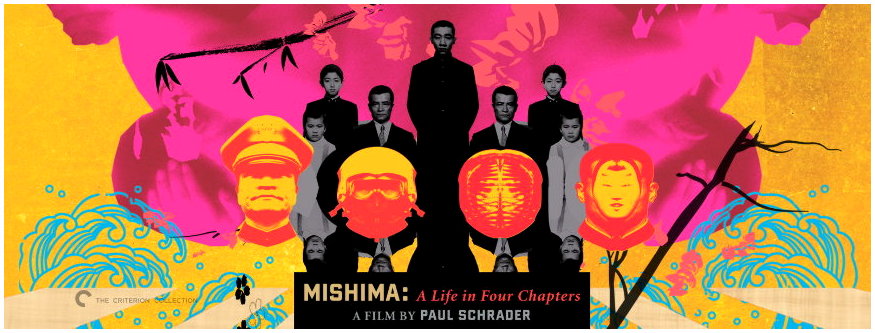 |
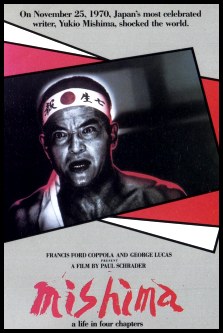 |
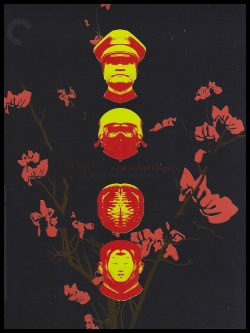 |
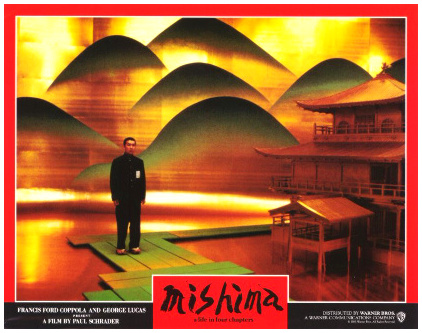 |
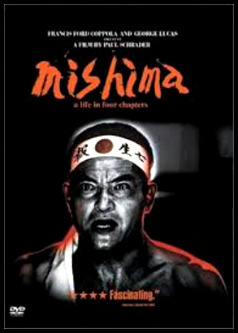 |
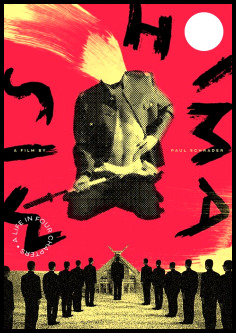 |
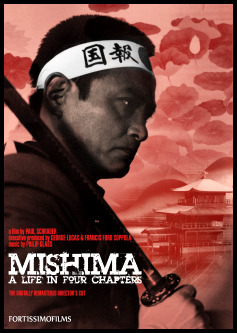 |
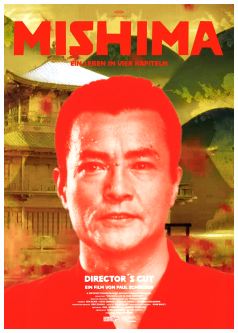 |
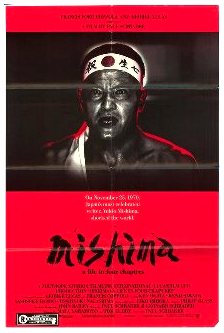 |
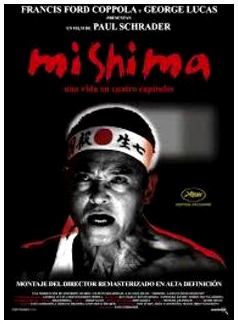 |
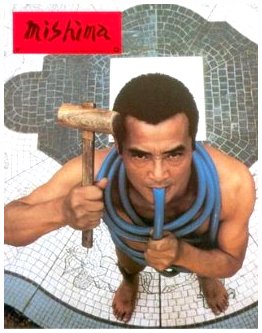 |
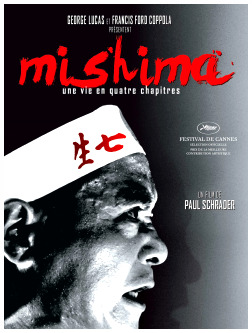 |
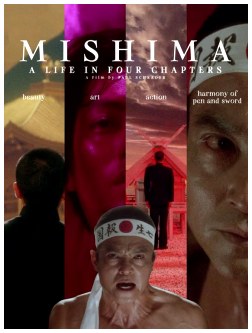 |
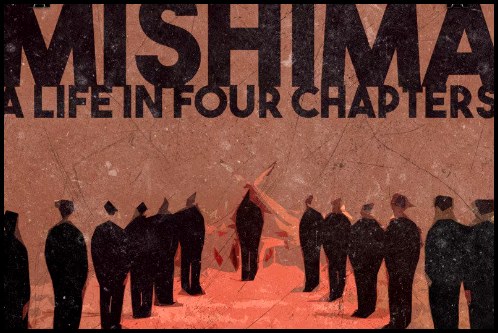 |
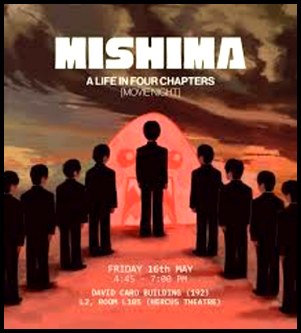 |
Theatrical Release: May 15th, 1985 (Cannes Film Festival)
Review: Criterion - Region FREE - 4K UHD
| Box Cover |
|
CLICK to order from: BONUS CAPTURES: |
| Distribution | Criterion Spine #432 - Region FREE - 4K UHD | |
| Runtime | 2:01:27.321 | |
| Video |
1.85:1 2160P
4K UHD |
|
|
NOTE: The Vertical axis represents the bits transferred per second. The Horizontal is the time in minutes. |
||
| Bitrate 4K UHD: |
|
|
| Audio |
DTS-HD Master
Audio Japanese 2012 kbps 2.0 / 48 kHz / 2012 kbps / 24-bit (DTS Core: 2.0 /
48 kHz / 1509 kbps / 24-bit) Dolby Digital Audio English 192 kbps 2.0 / 48 kHz / 192 kbps / DN -31dB |
|
| Subtitles | English (SDH), None | |
| Features |
Release Information: Studio: Criterion
1.85:1 2160P
4K UHD
Edition Details: • Two alternate English narrations, including one by actor Roy Scheider • Audio commentary from 2006 featuring Schrader and producer Alan Poul • Interviews from 2007 and 2008 with Bailey, producers Tom Luddy and Mata Yamamoto (21:59), composer Philip Glass, and production designer Eiko Ishioka (43:55) • Interviews from 2008 with Yukio Mishima biographer John Nathan and friend Donald Richie (26:44) • Audio interview from 2008 with coscreenwriter Chieko Schrader (26:17) • Interview excerpt from 1966 featuring Mishima talking about writing (6:15) • The Strange Case of Yukio Mishima, a documentary from 1985 about the author (55:09) • Trailer (1:23) • PLUS: A booklet featuring an essay by critic Kevin Jackson, a piece on the film’s censorship in Japan, and photographs of Ishioka’s sets)
Transparent 4K UHD Case inside custom caser (see below) Chapters 27 |
|
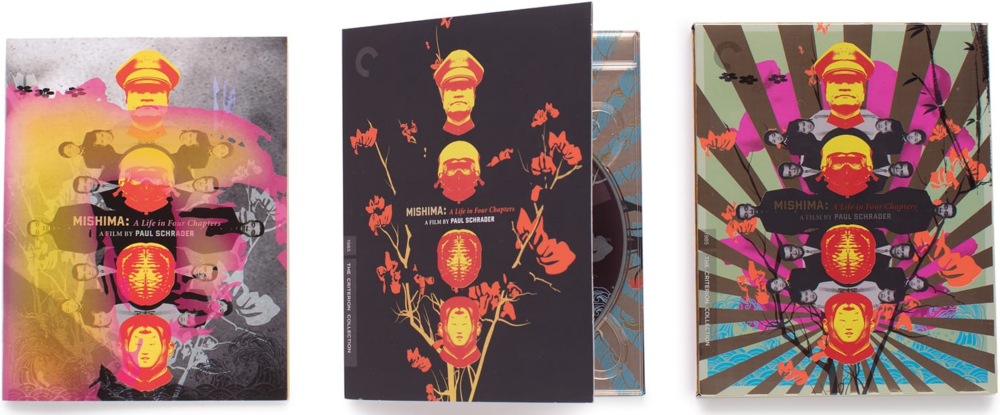 |
| Comments: |
NOTE:
The below
Blu-ray
and
4K UHD
captures were taken directly from the
respective
disc.
Like 4K UHD transfers of The Long Wait, I, the Jury, and many others below, Criterion's 2160P transfer of Mishima: A Life in Four Chapters does not have HDR applied (no HDR10, HDR10+, nor Dolby Vision.) We have seen many other 4K UHD transfers without HDR; Mondo Macabro's Dr. Jekyll and the Werewolf, Cult Film's Django 4K UHD, Umbrella's 4K UHD transfer of Peter Weir's The Last Wave, Radiance's Palindromes, and Criterion's 4K UHD transfers of The Burmese Harp, Fires on the Plain, Killer of Sheep, Chungking Express, Winchester '73, The Mother and the Whore, I Am Cuba, The Others, Rules of the Game, Branded to Kill, In the Mood For Love, Night of the Living Dead, and further examples, Masters of Cinema's The Cabinet of Dr. Caligari and Kino's 4K UHDs of Bob le Flambeur, Last Year at Marienbad, Nostalghia, The Apartment, For a Few Dollars More, A Fistful of Dollars, In the Heat of the Night, and The Good, the Bad and the Ugly, as well as Koch Media's Neon Demon + one of the 4K UHD transfers of Dario Argento's Suspiria.
The film's visual identity is a deliberate mosaic, segmented by narrative
layers to reflect Mishima's fragmented psyche. Cinematographer John Bailey (Cat
People,
Silverado,
American Gigolo) employs distinct palettes: golden-greens for The
Temple of the Golden Pavilion evoke ethereal beauty; pink-grays for
Kyoko's House suggest urban decadence; orange-blacks for Runaway
Horses convey fiery urgency; while black-and-white flashbacks ground the
biography in documentary starkness. Interwoven are black-and-white
flashbacks to his life: a frail childhood under his grandmother's
domineering influence, his wartime avoidance of military service, his rise
as a writer with Confessions of a Mask (which hints at his homosexuality
through arousal at a Saint Sebastian painting), his bodybuilding
transformation, and the founding of the Tatenokai militia to restore
imperial honor. Drawing from Noh and Kabuki theater, the novel adaptations
feature purposefully artificial environments: painted backdrops for nature,
miniature models for landscapes, and confined spaces that limit actor
movement, focusing attention on emotional intensity rather than expansive
realism.
The improved density and detail on large
screens, smoother gradations in stylized shots, and impeccable stability
with minimal artifacts, make the 2160P a dynamic upgrade over the previous
Blu-ray,
even without HDR.
NOTE: We have added 40 more large
resolution
4K UHD captures (in lossless
PNG format) for DVDBeaver Patrons
HERE
On their 4K UHD,
Criterion offer DTS-HD Master 2.0 channel tracks (24-bit.) It is
available in three options: the primary Japanese track with Ken Ogata’s
narration (fully remastered for greater clarity, wider dynamic range,
deeper bass, and subtle surround movement), and two alternate English
narrations - including the original by Roy Scheider and a "test track"
that's flatter but serves as a production artifact. The mix is crystal
clear, with crisp dialogue, precise Foley effects, and an enveloping
presentation that fills the soundstage without distortion or anomalies,
ensuring the music's hypnotic rhythms and boisterous swells enhance the
film's emotional and thematic intensity. While not remixed into
immersive formats like Dolby Atmos, the audio is flawless in its
execution, prioritizing fidelity to the original stereo design. Ambient
effects like the clink of swords or crowd murmurs during the coup are
crisp and the overall auditory mix is rapturous and attention-grabbing,
enhancing the film's emotional and philosophical resonance.
NOTE: ChristopherD tells us in
email: "After I purchased the 4K rerelease of "Mishima: A Life in
Four Chapters" I noticed something that appears to be a mistake with the
subtitles on the disc. If the English Language Roy Scheider narration is
selected, the subtitles for the japanese audio are still on over his
narration even though on the original Criterion DVD and Blu-ray (I owned
both) this was not the case. I also checked the new Blu-ray packaged
with the 4K and this is not an issue with that blu-ray disc: if Roy
Scheider's English narration is chosen then the Japanese dialogue is
subtitled but the narration is not. I tried turning off the subtitles on
the 4K disc but this just turns them off for everything. There is no
option to have the English narration not be subtitled as far as I can
tell. It's never been this way on any previous release. I contacted
Criterion about the issue and they basically just blew it off saying it
was a choice and not a mistake. They appear to have somehow mistakenly
combined subtitles and captioning into one all encompassing feature. I
just think it strange there's not an option to turn off the subtitles
for the English portions of the movie and watch it the way it was
presented in all previous Criterion versions (and the way it was
originally presented theatrically)." (Thanks Christopher!)
The extras package is comprehensive but unchanged from Criterion's 2018
Blu-ray, housed on the included
Blu-ray disc (with the
4K UHD
containing only the film and commentary), offering a wealth of
contextual material that deepens appreciation for both the film and its
subject. Highlights include a 2006 audio commentary by Schrader and
producer Alan Poul (informative - worth the indulgence); interviews from
2007-2008 with Bailey, producers Tom Luddy and Mata Yamamoto (22
minutes), Philip Glass, and Eiko Ishioka (3/4 hour, particularly
fascinating for her initial reluctance); discussions with
Mishima biographer
John Nathan and friend Donald Richie (A
Tractate on Japanese Aesthetics); an audio interview with
co-screenwriter Chieko Schrader (26 minutes); a 1966 Mishima interview
excerpt on writing (6 minutes); the 1985 BBC documentary The Strange
Case of Yukio Mishima (short of 1 hour); the original trailer and a
booklet with critic Kevin Jackson's essay, a piece on Japanese
censorship, and Ishioka's set photos. While no new features were added,
the collection provides invaluable insights into production challenges,
Mishima's legacy, and artistic choices.
Paul Schrader's Mishima: A Life in Four Chapters
stands as an audacious biographical film that dissects the enigmatic
life and death of Yukio Mishima, one of Japan's most provocative
post-war literary figures. The film eschews conventional biopic tropes,
instead blending factual recreation, autobiographical flashbacks, and
stylized adaptations of three of Mishima's novels to probe the
intersections of art, politics, and personal identity. Executive
produced by Francis Ford Coppola and George Lucas, with a screenplay
co-written by Schrader, his brother Leonard, and Chieko Schrader, the
movie was made on a $5 million budget and premiered at the Cannes Film
Festival, where it won the Best Artistic Contribution award for its
innovative production design by Eiko Ishioka and score by Philip Glass.
Schrader, known for his explorations of alienated men in films like
Taxi Driver, frames Mishima not merely as a historical subject
but as a symbol of existential turmoil, where the quest for purity
through violence and self-destruction becomes a lens for understanding
modern alienation. Each chapter incorporates vibrant, theatrical
dramatizations of Mishima's novels:
The Temple of the
Golden Pavilion (Chapter 1: Beauty) follows a stuttering
acolyte who burns a temple out of envy for its perfection;
Kyoko's House
(Chapter 2: Art) depicts a sadomasochistic affair between an
actor and a domineering woman, ending in mutual suicide;
Runaway Horses
(Chapter 3: Action) portrays young nationalists plotting a coup
and committing seppuku after failure. The culminating Harmony of Pen
and Sword synthesizes these, positing suicide as the harmonious
fusion of intellectual creation and physical deed, where death becomes
an aesthetic statement against modernity's decay. The look and sound of
Mishima are inextricably linked, with Ishioka's theatrical
designs and Bailey's cinematography amplified by Glass's pulsating
rhythms to form a cohesive artistic statement on Mishima's quest for
unity between pen and sword. This synergy renders the film a
"masterwork" of mid-century cinema, visually inventive and sonically
immersive, though its stylized intensity invites critiques of emotional
detachment. In
4K UHD
these elements shine brighter, cementing the film's legacy as a bold
exploration of alienation through aesthetic extremism. |
Menus / Extras
Blu-ray
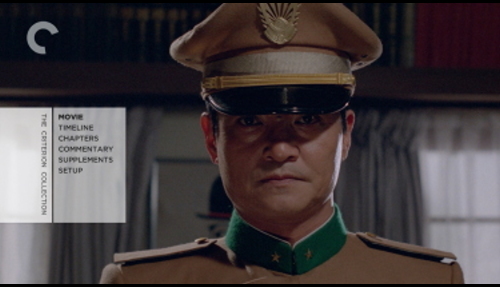 |
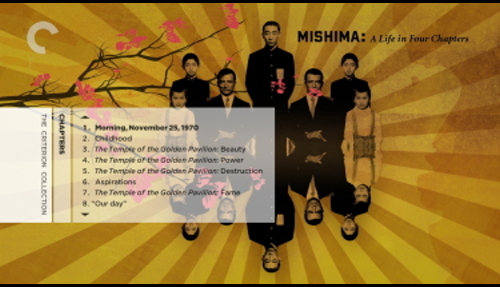 |
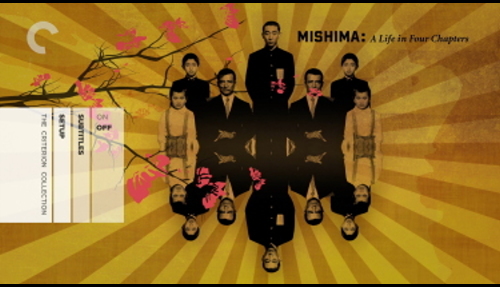 |
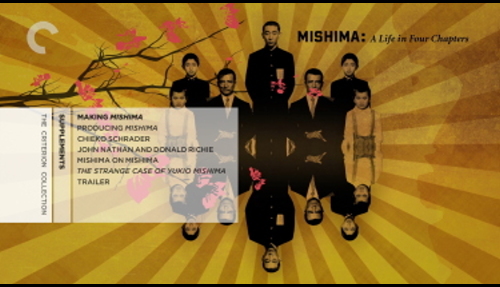 |
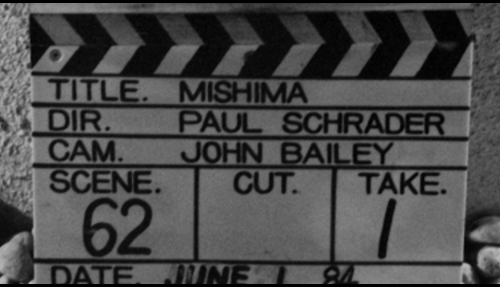 |
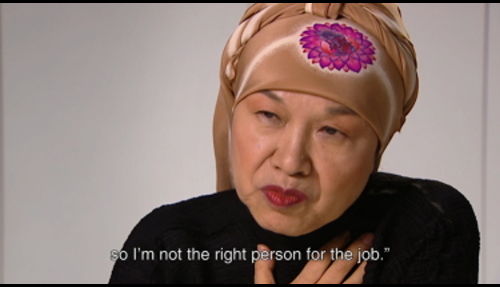 |
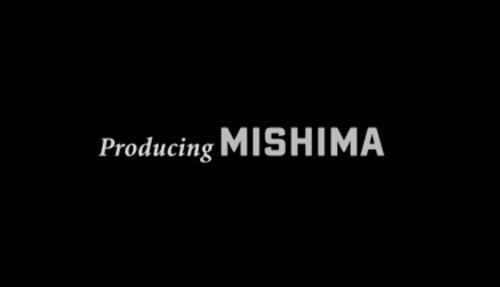 |
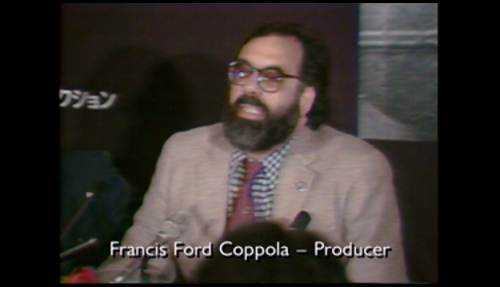 |
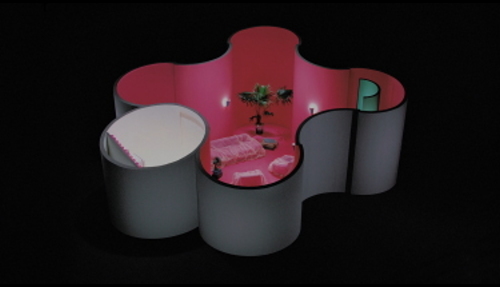 |
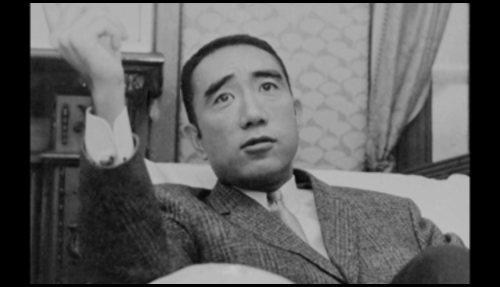 |
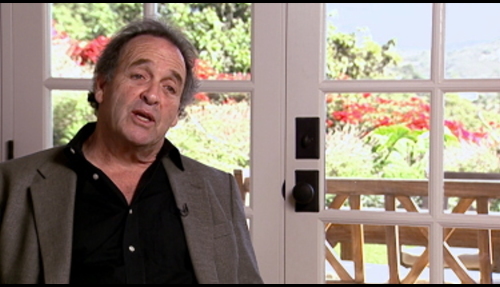 |
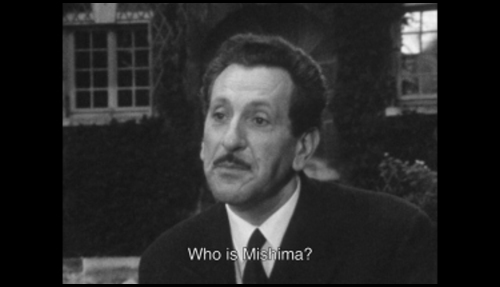 |
4K UHD
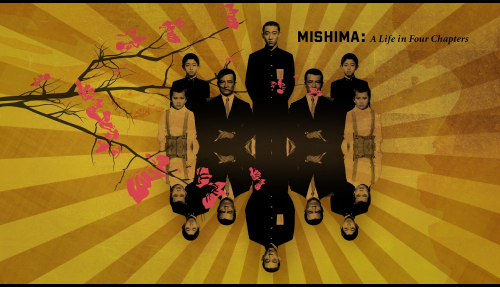 |
CLICK EACH BLU-RAY and 4K UHD CAPTURE TO SEE ALL IMAGES IN FULL RESOLUTION
|
1)
Warner - Region 1 - NTSC TOP 3) Criterion (Narration) - Region FREE - 4K UHD BOTTOM
|
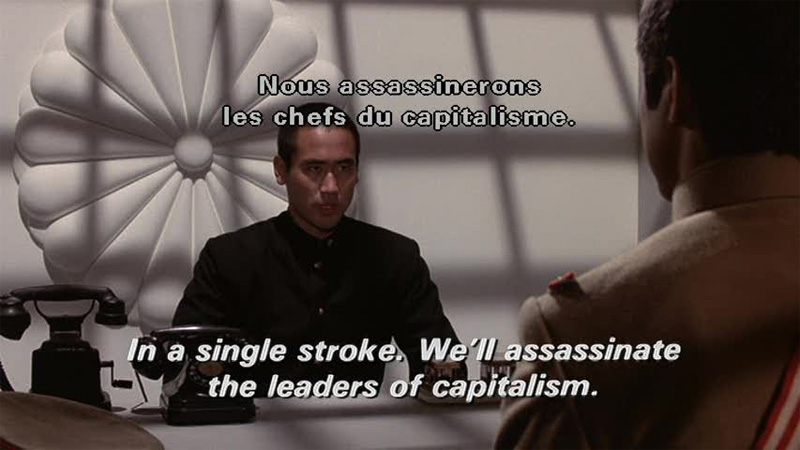 |
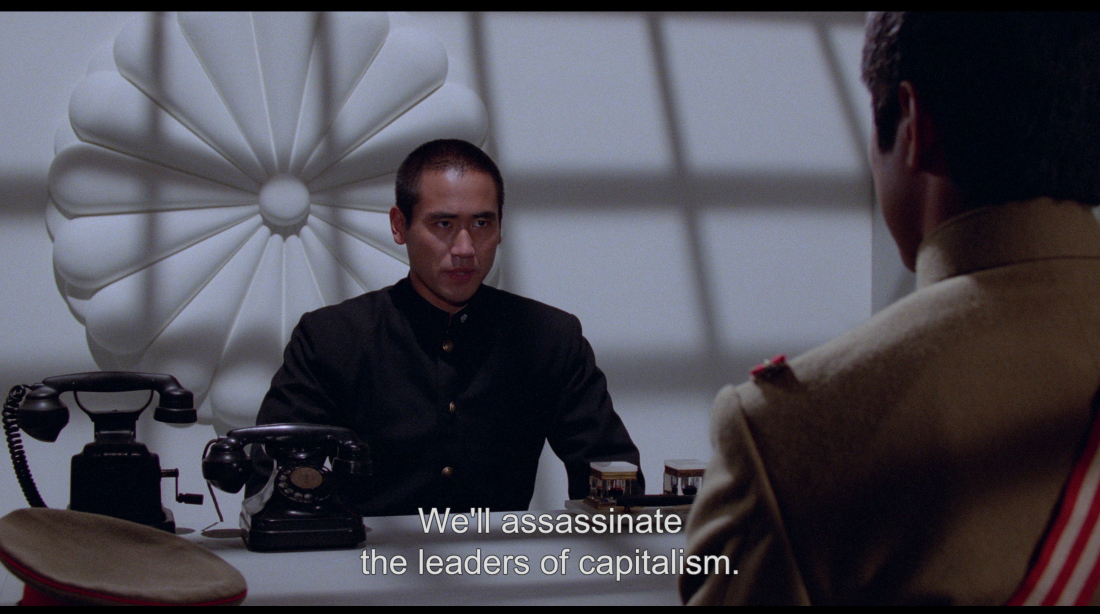 |
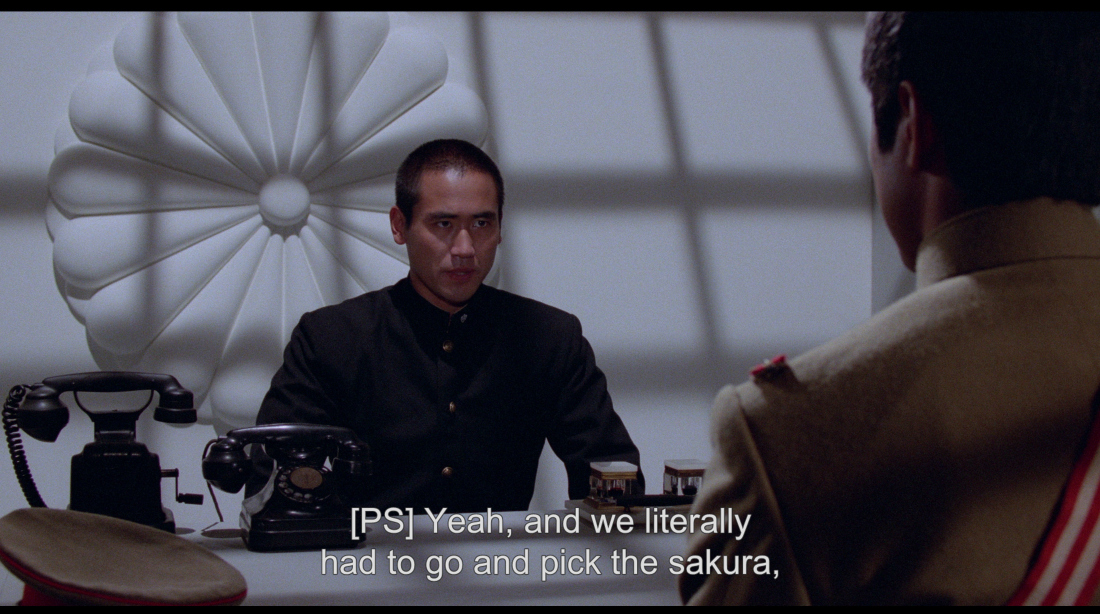 |
|
1) Criterion - Region 1 - NTSC TOP
|
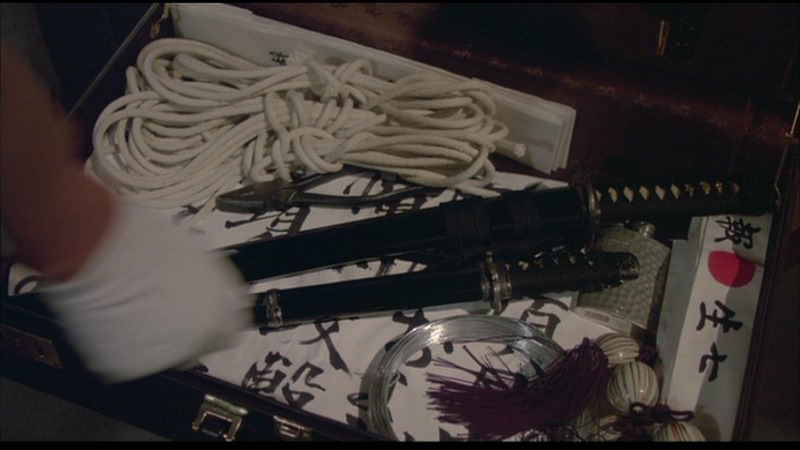 |
|
1)
Warner - Region 1 - NTSC TOP
|
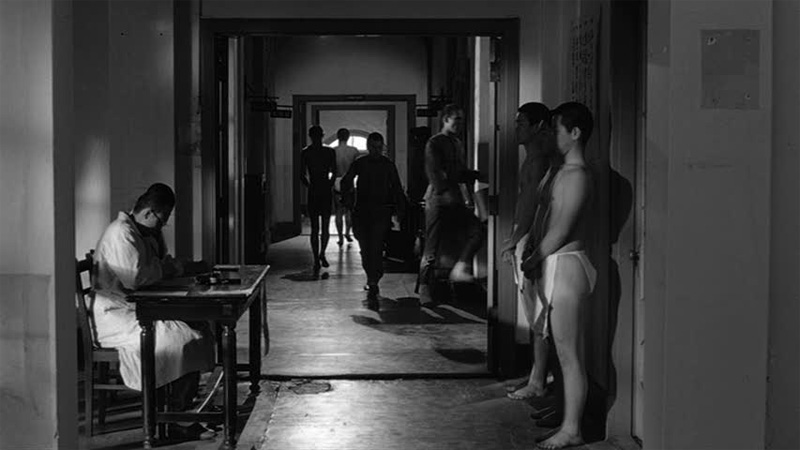 |
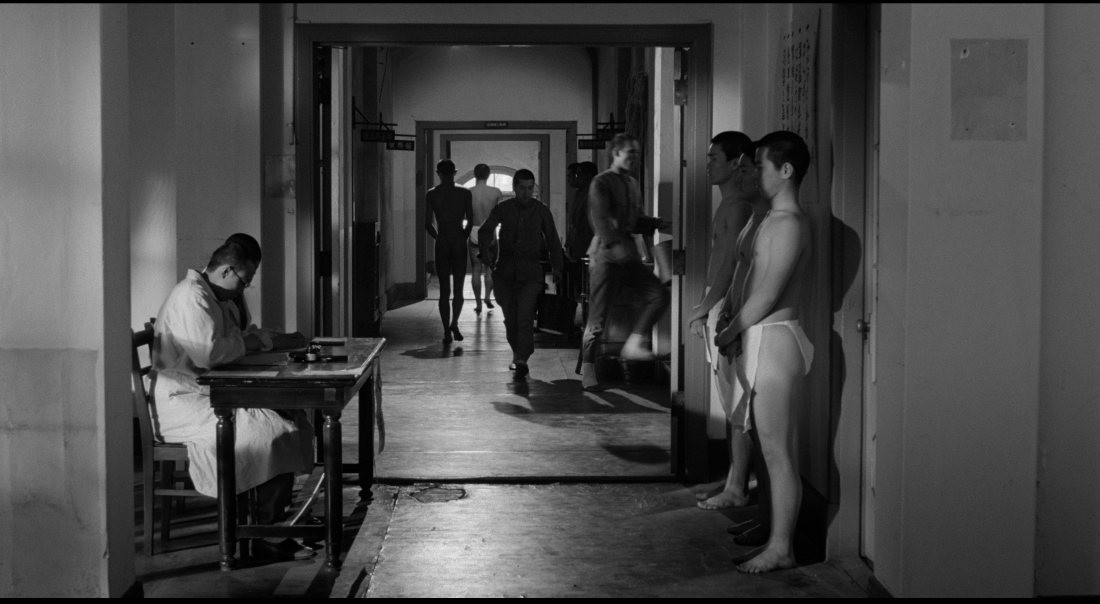 |
|
1) Criterion - Region 1 - NTSC TOP
|
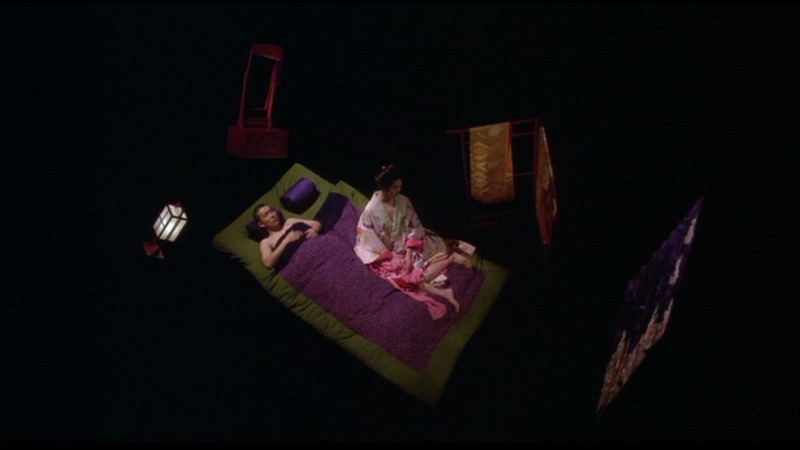 |
|
1) Criterion - Region 1 - NTSC TOP
|
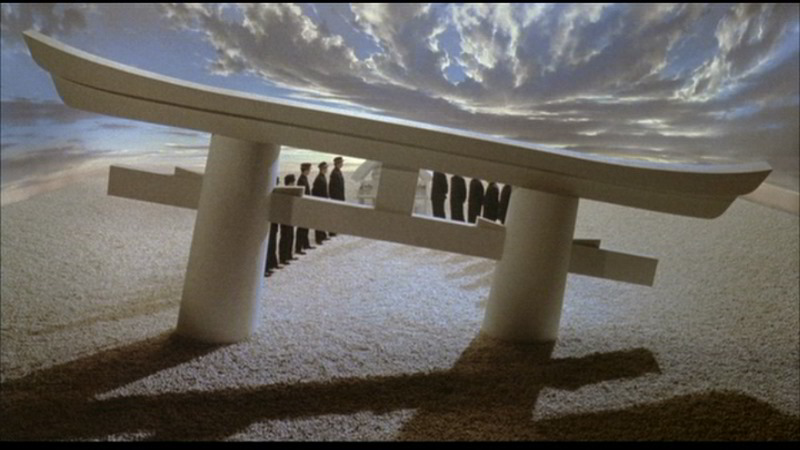 |
More Criterion - Region FREE - 4K UHD Captures
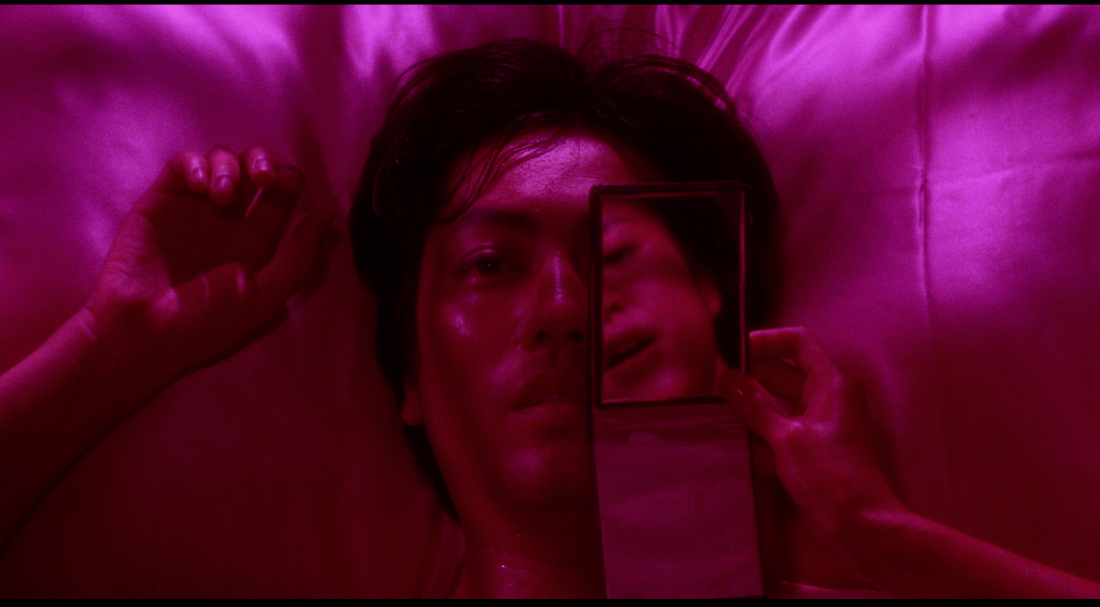 |
More full resolution (3840 X 2160) 4K Ultra HD Captures for Patreon Supporters HERE
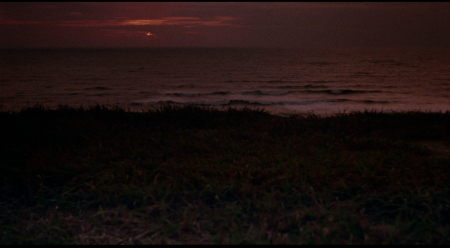 |
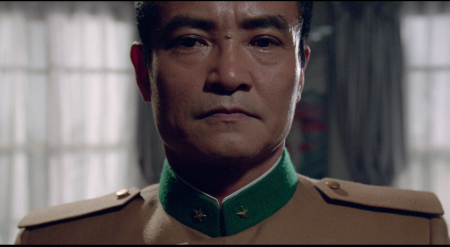 |
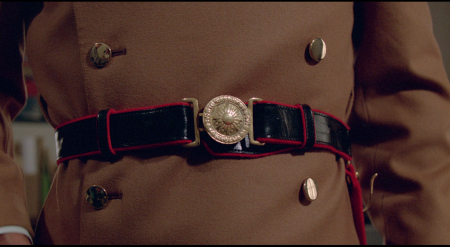 |
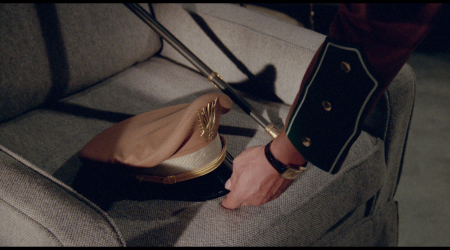 |
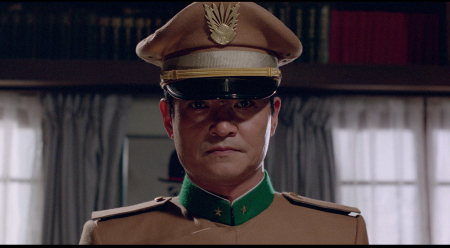 |
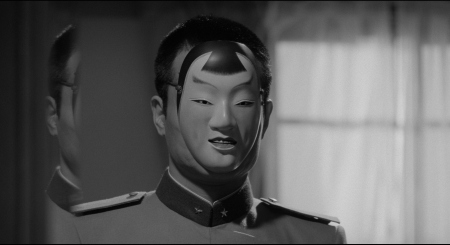 |
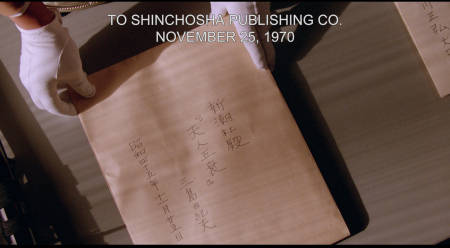 |
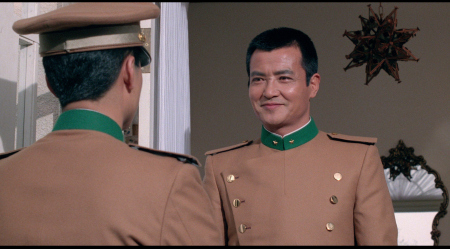 |
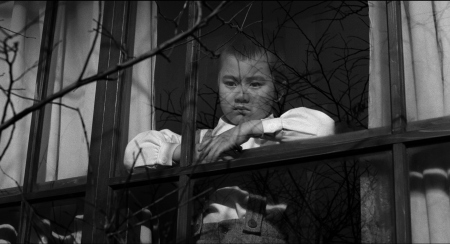 |
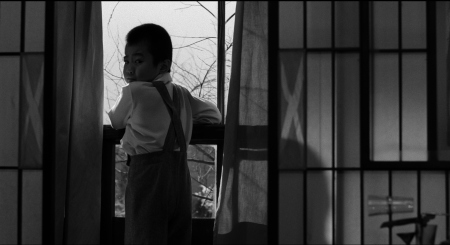 |
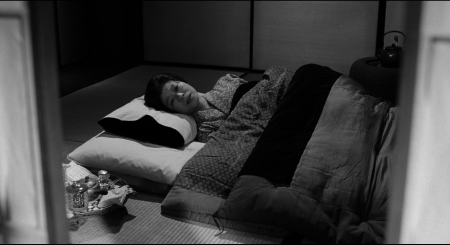 |
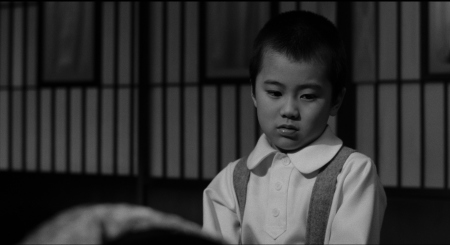 |
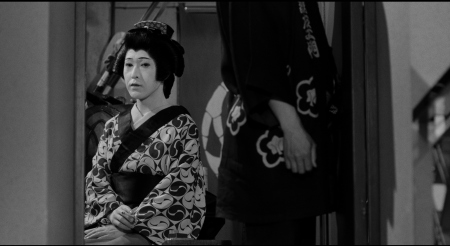 |
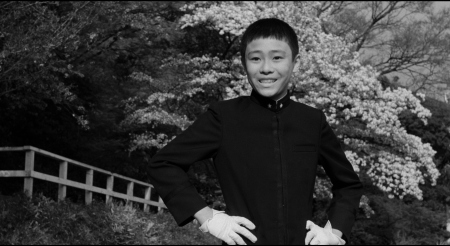 |
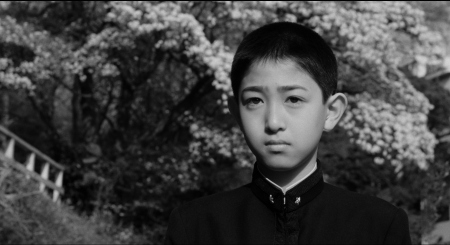 |
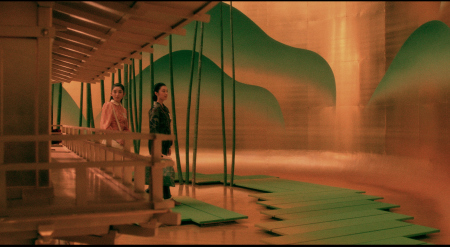 |
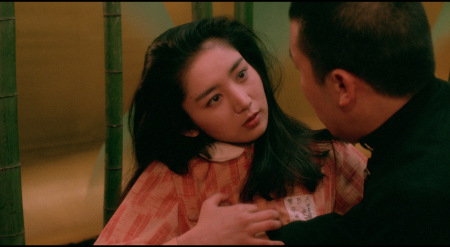 |
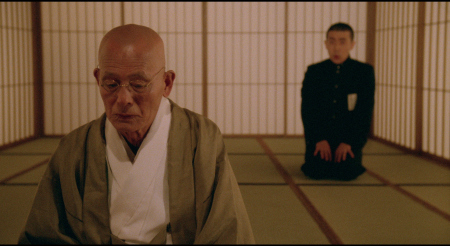 |
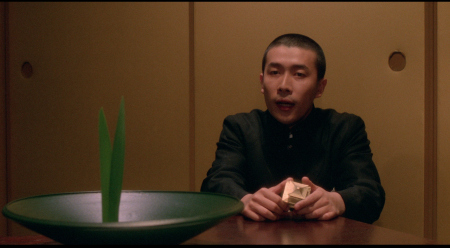 |
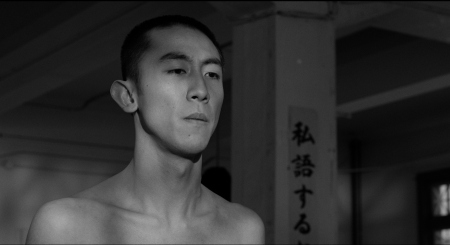 |
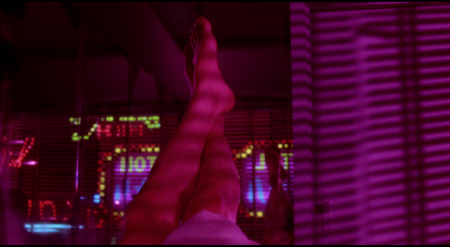 |
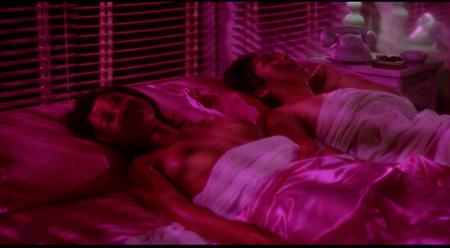 |
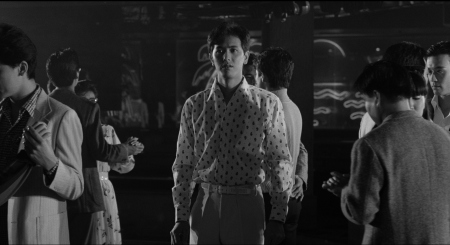 |
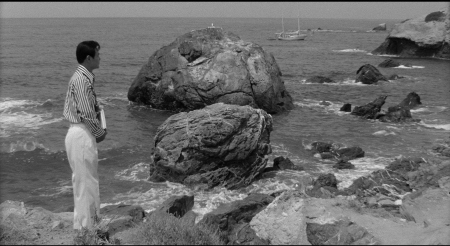 |
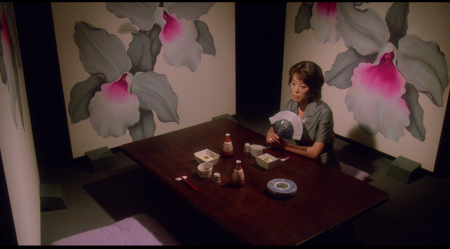 |
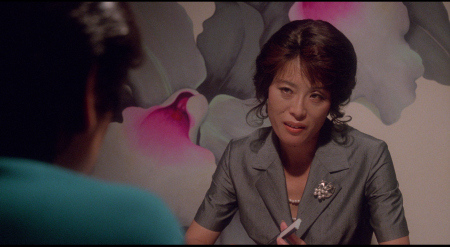 |
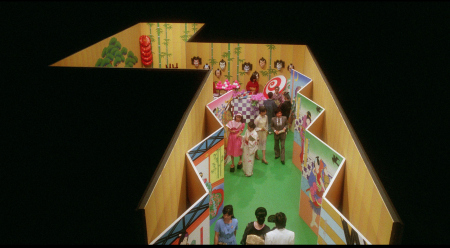 |
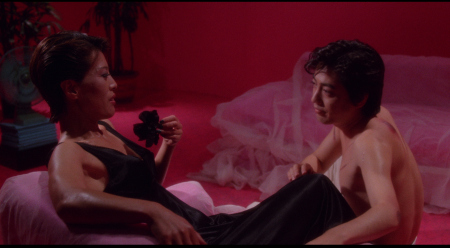 |
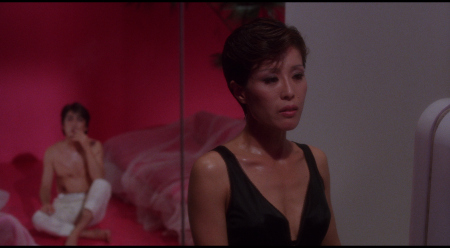 |
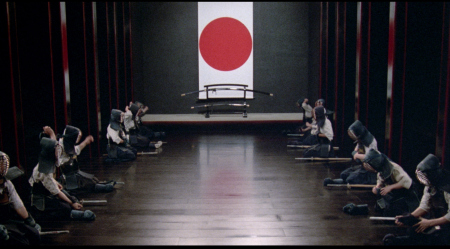 |
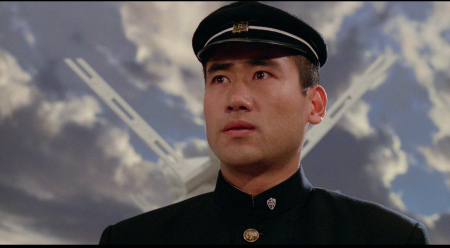 |
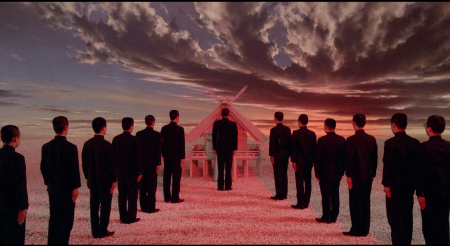 |
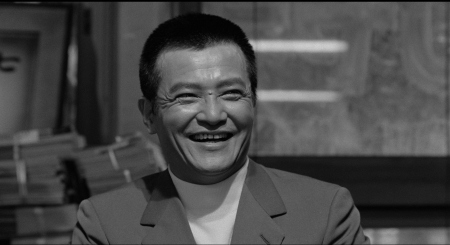 |
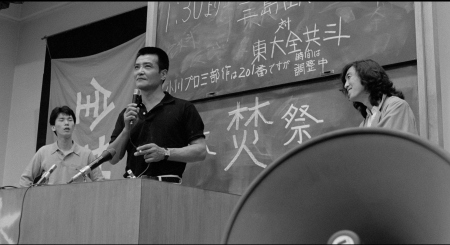 |
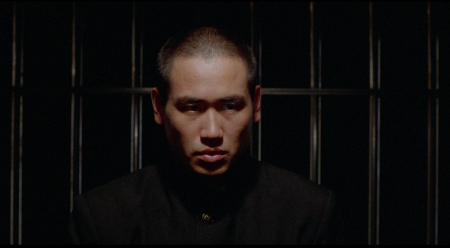 |
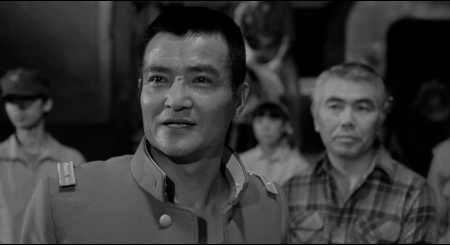 |
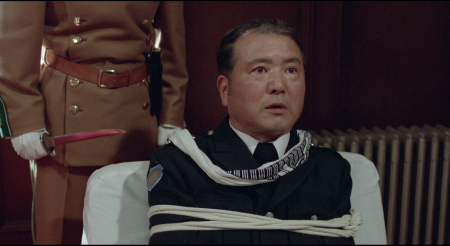 |
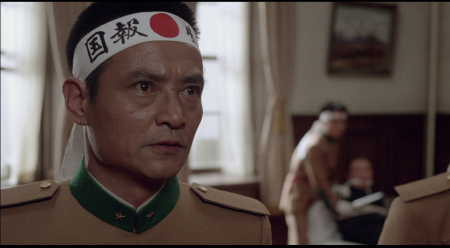 |
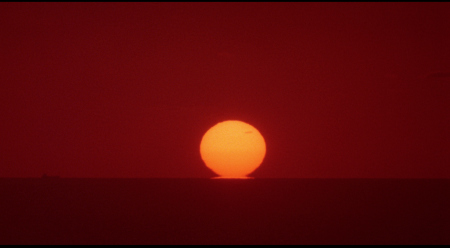 |
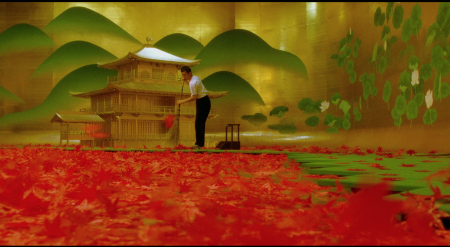 |
| Box Cover |
|
CLICK to order from: BONUS CAPTURES: |
| Distribution | Criterion Spine #432 - Region FREE - 4K UHD | |
![]()
![]()

![]()
![]()
|
Search DVDBeaver |
S E A R C H D V D B e a v e r |


